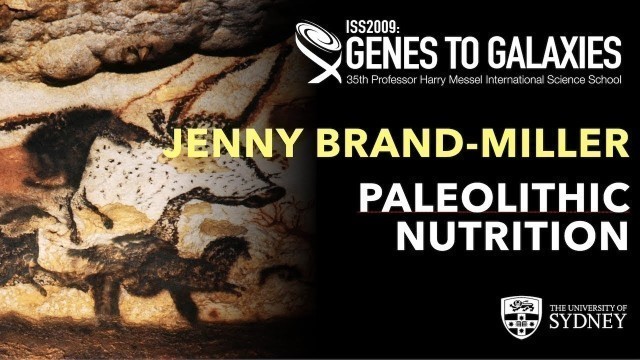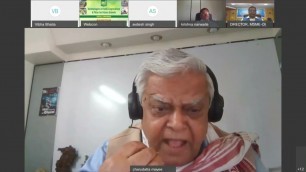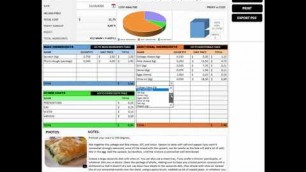

55:13
Jun 28, 2024
0
0
'Anthropologists and nutritionists have long recognised that the diet of hunter-gatherers represents a reference standard for modern human nutrition. Some scientists argue that their diet and lifestyle provides the ultimate guide to preventing the diseases of affluence such as obesity and type 2 diabetes. Because the hunter-gatherer way of life is now extinct in its purest forms, we must rely on indirect procedures to reconstruct the traditional diet of pre-agricultural humans. Ethnographic “atlases”, for example, comprising studies of hundreds of recent hunter-gatherer populations, have been used as a guide to the pattern of intake of plant foods versus animal foods. Armed with knowledge of the nutrient composition of indigenous or wild foods, we can estimate the intake of proteins, fats and carbohydrates and of micronutrients such as iron and calcium. These analyses indicate that whenever and wherever it was ecologically possible, hunter-gatherers consumed high amounts (45–65% of energy) of animal food. Indeed, the majority of hunter-gatherer societies derived at least 50% of their subsistence from animal foods, whereas only a small fraction derived a large proportion from gathered plant foods. Unlike today, the seeds of the cultivated grasses (cereals) did not play a major role in hunter-gatherer diets. There is growing awareness that the profound changes in diet and lifestyle that began with the introduction of agriculture and animal husbandry 10,000 years ago occurred too recently in an evolutionary sense for the human genome to adjust. The evolutionary ‘collision’ of our ancient genome with the nutritional qualities of recently introduced foods (cereals, dairy products, refined sugars and oils) may underlie many of the diseases of Western civilization. In particular, food staples and food-processing procedures developed during the agricultural and industrial revolutions have fundamentally altered many nutritional characteristics. While adopting a Paleolithic diet may be no longer possible or practical, there are fundamental properties that can easily be accommodated in today’s diets. Professor Jennie Brand-Miller holds a Personal Chair in Human Nutrition in the Human Nutrition Unit, School of Molecular and Microbial Biosciences at the University of Sydney in Sydney, Australia. She is recognised for her work on carbohydrates and diabetes, particularly the glycemic index of foods. She received the 2003 Clunies Ross Medal for contributions to science and technology in Australia and the 2004 Australian Institute of Food Science and Technology Award of Merit. Her books under the series title The New Glucose Revolution have sold over 3.5 million copies world wide and appeared in 12 languages. She has analysed and compiled tables of composition of over 800 Australian Aboriginal bush foods - the largest wild food database in the world - and has a strong interest in the diet of our ancestors – ‘paleolithic nutrition’. She is the immediate-past President of the Nutrition Society of Australia, Chair of the Nutrition Committee of the Australian Academy of Science, the Director of Sydney University Glycemic Index Research Service (SUGiRS, a GI testing service for the food industry) and is Chair of the Board of Directors of a non-profit company (Glycemic Index Limited), which administers a food symbol program for consumers in collaboration with Diabetes Australia and the Juvenile Diabetes Research Foundation. Jennie is the proud recipient of two Nucleus® bionic ears. She has taught nutrition at graduate and undergraduate levels for 30 years. This talk was given at ISS2009: Genes to Galaxies, the 35th Professor Harry Messel International Science School, held at the University of Sydney in July 2009.'
Tags: nutrition , science , Sydney , university of sydney , ISS2009
See also:

















comments